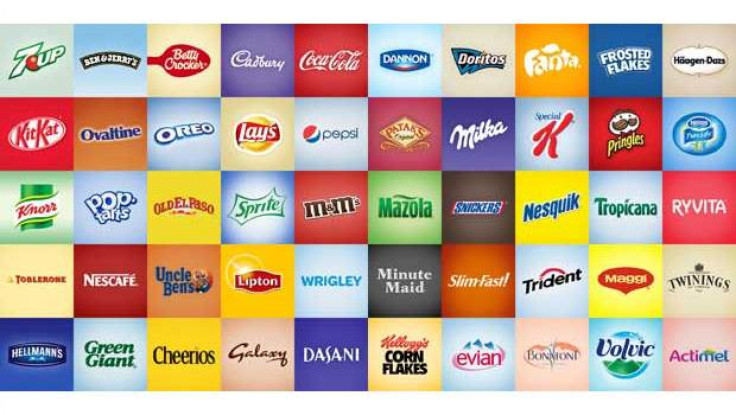World's 'Big 10' Food Companies Failing Social Responsibilities: Oxfam

Where do companies like Coca-Cola and General Mills stand on women’s rights, fair trade and environmental practices?
Oxfam, the international human rights and poverty relief organization, aims to answer this question in its latest campaign, Behind the Brands, in which it rates the world’s 10 largest food and beverage companies on their social policies.
“The social and environmental policies of the world’s 10 biggest food and beverage giants are not fit for modern purpose and need a major shake-up,” reads an Oxfam statement.
“The ‘Big 10’ food and beverage companies -- that together make $1 billion a day -- are failing millions of people in developing countries who supply land, labor, water and commodities needed to make their products,” it adds.
Over the past year, Oxfam looked at the agricultural policies, public commitments and supply chain oversight of Associated British Foods (OTN: ASBFF), Coca-Cola (NYSE: KO), Danone (OTN: DANOY), General Mills (NYSE: GIS), Kellogg’s (NYSE: K), Mars, Mondelez (NASDAQ: MDLZ), Nestlé (OTN: NSRGF), Pepsico (NYSE: PEP) and Unilever (NYSE: UN).
The companies were rated based on seven criteria: land, women, farmers, workers, climate, transparency and water. These categories refer to elements of the companies’ supply chains, which extend into the developing world, where labor and environmental regulations are often more lax.
“Land” and “water” refer to the rights and access of local communities to these resources that are used by these companies.
“Women,” “farmers,” and “workers,” refer to the rights and treatment of people working within their supply chains.
“Climate” refers to the companies’ environmental policies and “transparency” to how open they are about any of their practices.
Each company was rated in each category on a scale of one to 10, receiving higher marks for demonstrating more social responsibility.
Based on a total of 70 points, each company was given a percentage to reflect their performance.
Nestlé received the highest rating (54 percent), followed by Unilever (49 percent) and Coca-Cola (41 percent). Pepsico received 31 percent, Mars 30 percent, Danone and Mondelez both 29 percent. General Mills (23 percent), Kellogg’s (23 percent) and ABF (19 percent) received the lowest performance ratings.
“[N]one of the 10 biggest food and beverage companies are moving fast enough to turn around a 100-year legacy of relying on cheap land and labor to make mass products at huge profits, with unacceptably high social and environmental costs,” said Jeremy Hobbs, executive director for Oxfam International, in a statement. “No company emerges with a good overall score. Across the board, all 10 companies need to do much more.”
“It’s time these companies take more responsibility for their immense influence on poor people’s lives,” he added. “Eighty percent of the world’s hungry people work in food production and these companies employ millions of people in developing countries to grow their ingredients. They control hundreds of the world’s most popular brands and have the economic, social and political clout to make a real and lasting difference to the world’s poor and hungry.”
As its first public action in the Behind the Brands campaign, Oxfam is targeting Nestle, Mondelez and Mars over what it says is their failure to address inequalities faced by women who grow cocoa used in their chocolate products.
© Copyright IBTimes 2024. All rights reserved.











